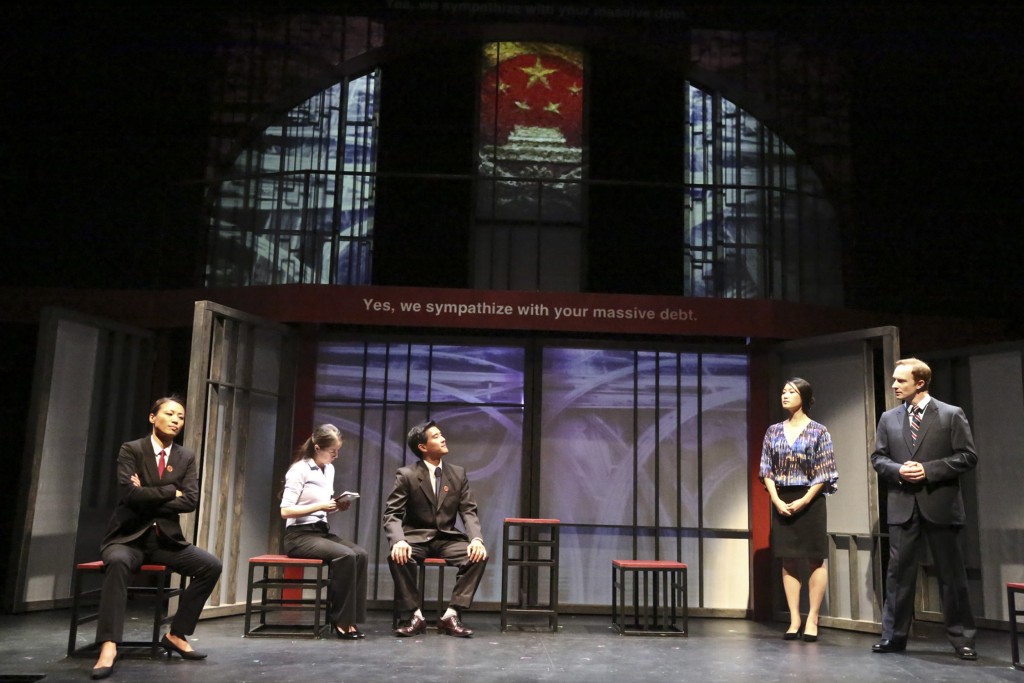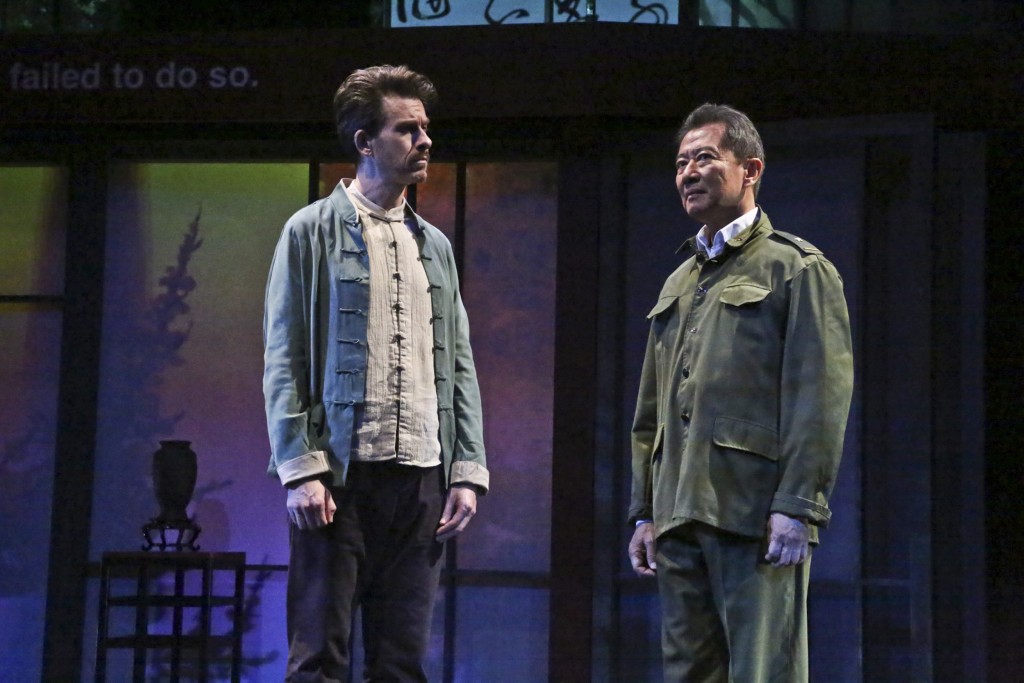Editor’s Note: About a month ago, our Associate Editor Lily Rugo left for a trip to visit China, the country of her birth. We asked her to write down a few of her thoughts as an adoptee making this trip for the first time.
I have the average “adoptee visiting the Motherland” story. I’m not meeting my birth family or filming a documentary about finding my long-lost twin on YouTube. Instead it’s more of a pilgrimage, the most daunting and personal pilgrimage for me yet: China.
I’ve always loved personal journeys because, for me, physically being at a place that holds special connections makes it more meaningful. Connecting with my heritage and identity as a Chinese adoptee has become more and more important to me in the past few years. Growing up I only had this vague idea about China. Between dim sum and human rights issues, I never knew if China (or coming from there) was a good or bad thing. It was after the 2008 Beijing Olympic opening ceremony when I started to care about “the Motherland” more. As I see more of a negative take on China in the West, I decided I don’t believe it. China’s not perfect, but I wasn’t going to take other people’s word for it anymore. I fortunately have the chance to go there through a summer program that includes intensive language classes coupled with an internship. In a few days I’m headed back to the Motherland after nearly twenty years.
However, the more I think about spending twelve weeks in China, more or less on my own, the more I realize how crazy this whole venture sounds. I get lost in Boston, how am I supposed to navigate a city with over twenty million people? And truthfully I’ve been very pragmatic in how I go about connecting to my Chinese roots. I’m learning Mandarin because it’s more widely spoken than Cantonese. I want to go to Shanghai because it’s one of the most exciting cities in the world, and slightly less polluted than Beijing. I want an internship because as the Wonders Of The Orient become more interesting for Westerners, I want a Chinese edge on my resume. China is a part of my identity, I want to visit it and learn about its history, people, and future. But this doesn’t feel like a heritage trip.
What makes a visit to the Motherland a “heritage trip”? Actually, this isn’t even my true Chinese heritage. I was born somewhere in the Cantonese-speaking southern Guangdong province. I’m about to spend twelves weeks learning Mandarin and most of my time in Shanghai. Before my program, I’ll see the great Wall of China, the terra cotta warriors, adorable pandas, take a cruise along the Yangtze River, and explore Shanghai. Then I’m spending a week in Tokyo. No visit to the orphanage where I was adopted from, or even Guangzhou, the city where I met my [adoptive] parents. I wouldn’t know who to contact to line up a personal tour on that scale. Like most other Chinese adoptees, I’m not even sure if I have the paper trail to set up something like that either. Sure I’m going to the Motherland, but does it count as “connecting with my roots” if I’m going to connect with all the wrong parts of China?
Even if it’s the wrong part of China, I can at least say I’ve been to the Motherland, been to the place where it all began. Will I ever visit Guangzhou or learn Cantonese? Maybe.But I’m not going to China to find answers- I gave up on that a long time ago. I’m going to China because I feel like I have to. I want to see this country that I’ve only heard about, yet claims so much of my identity. Hopefully, this is only one of many trips to the Motherland to explore my heritage.
![]()

